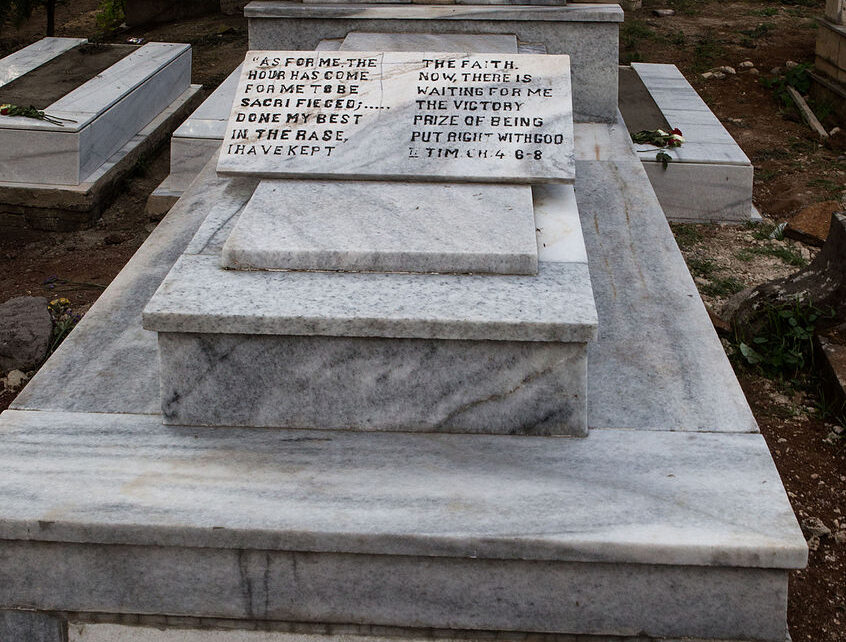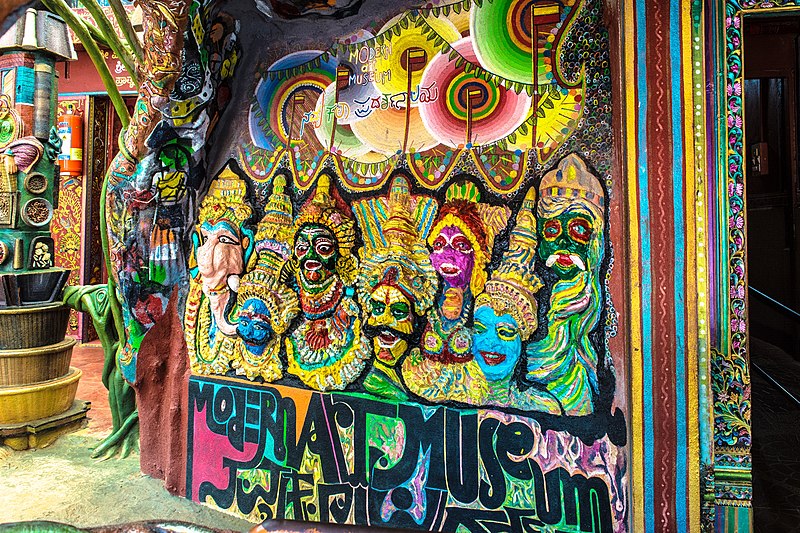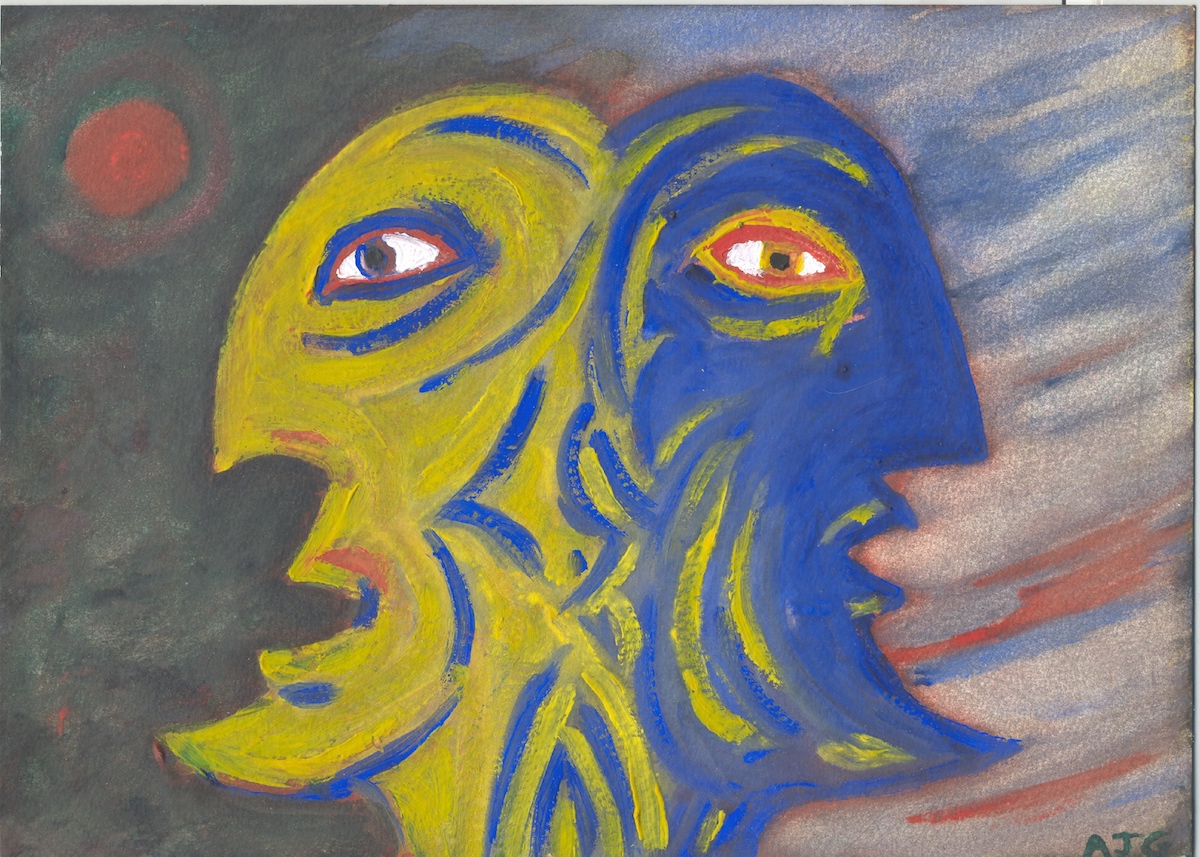This article is published in two installments. The first can be found here. III. Taylor’s typification of postmodernism as Flatland, however, as the quintessential Hegelian “bone”, did not sit well with the British participants in the Shadow of Spirit conference, who represented both the majority and in certain measure the intellectual heavy weights for the […]
Theology
What Exactly Is Postmodernism, And How Did It Change The Landscape Of Religious Studies?, Part 1 (Carl Raschke)
Almost a half century ago a change took place in the humanities, and by extension in the fledgling field of religious studies. By the 1990s that change had been a sea change. By the mid-1980s the change had come to be known as “postmodernism”. Today the expression, which is just as vague and polysemic as […]
From Holistic To In-Between Theology – The Ethiopian Evangelical Church Mekane Yesus, Part 3 (Rode Molla)
The comparison between evangelical Christianity and EOC Christianity is their approach to the language. The Westerners use the mother tongue to translate Christianity to the Oromo and other ethnic groups to be converted to evangelical Christianity. The Amharas use the Amharic language and liturgical language Geez, the liturgical language of the EOC, to evangelize and […]
From Holistic To In-Between Theology – The Ethiopian Evangelical Church Mekane Yesus, Part 2 (Rode Molla)
The following is the second of a three-part series. The first can be found here. Tumsa, as a theologian, focused on social justice and the hermeneutical interpretations of Reinhold Niebuhr. He tried to respond to the communities’ struggle through theological reflection and action. As a theologian who studied abroad, his work was affected by the […]
From Holistic To In-Between Theology – The Ethiopian Evangelical Church Mekane Yesus, Part 1 (Rode Molla)
The following is the first of a three-part series. The Ethiopian Evangelical Church Mekane Yesus: Simultaneously Western and Indigenous Even though the Ethiopian Evangelical Church Mekane Yesus has a Lutheran background embedded in the Western context, I argue that the EECMY is both Western and an indigenous Ethiopian church. Fekadu Gurmessa, in Evangelical Faith Movement […]
Truth And Irony – Beyond Binary Patterns In Theological Reasoning, Part 3 (Florian Klug)
The following is the last of a three-part series. The first can be found here, the second here. It will appear as a full article in the Fall 2021 issue of the Journal for Cultural and Religious Theory. Michel Foucault traced this connection between truth and existential dimension in his late studies on power and subjectivity by […]
Truth And Irony – Beyond Binary Patterns In Theological Reasoning, Part 2 (Florian Klug)
The following is the second of a three-part series. The first can be found here. It will appear as a full article in the Fall 2021 issue of the Journal for Cultural and Religious Theory. This attitude of living redeemed cannot be reduced to an inward or outward existence but rather occupies the space in […]
Truth And Irony – Beyond Binary Patterns In Theological Reasoning, Part 1 (Florian Klug)
The following is the first of a three-part series. It will appear as a full article in the Fall 2021 issue of the Journal for Cultural and Religious Theory. Introduction The matter of truth presents itself as central to Christianity, since the Johannine Jesus presents himself as the “way, the truth and the life” (John […]
Modern Theology And The Dialectic Of God, Part 4 (Kelly Maeshiro)
The following is the last of a four-part series. The first can be found here, the second here, the third here. The Barthian Revolt Barth’s theology is in many ways contiguous with Kierkegaard’s philosophy. Though there are some substantive differences, Barth’s project is more or less identical to Kierkegaard’s from the point of view of the specific topic […]
Modern Theology And The Dialectic Of God, Part 3 (Kelly Maeshiro)
The following is the third of a four-part series. The first can be found here, the second here. Philosophically speaking, Hegel’s Absolute idealism represented another step past Kantian idealism downward from heaven. We have already remarked upon the manner in which Kantian idealism represented a metaphysical descent from traditional speculative metaphysics, a step from heaven to […]









